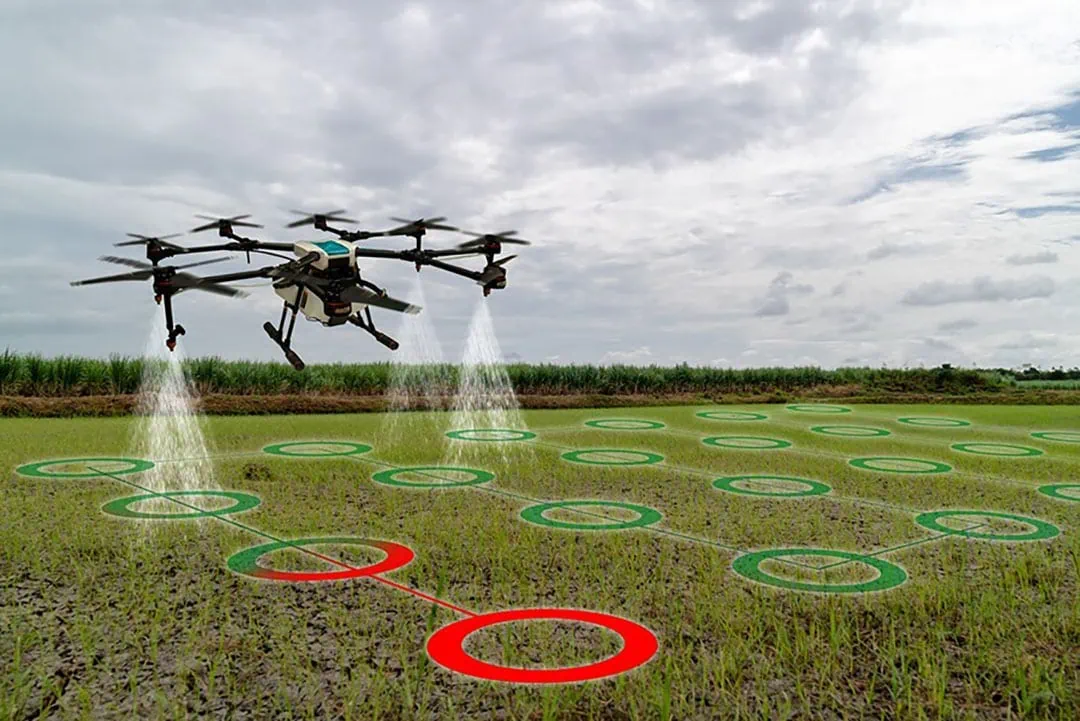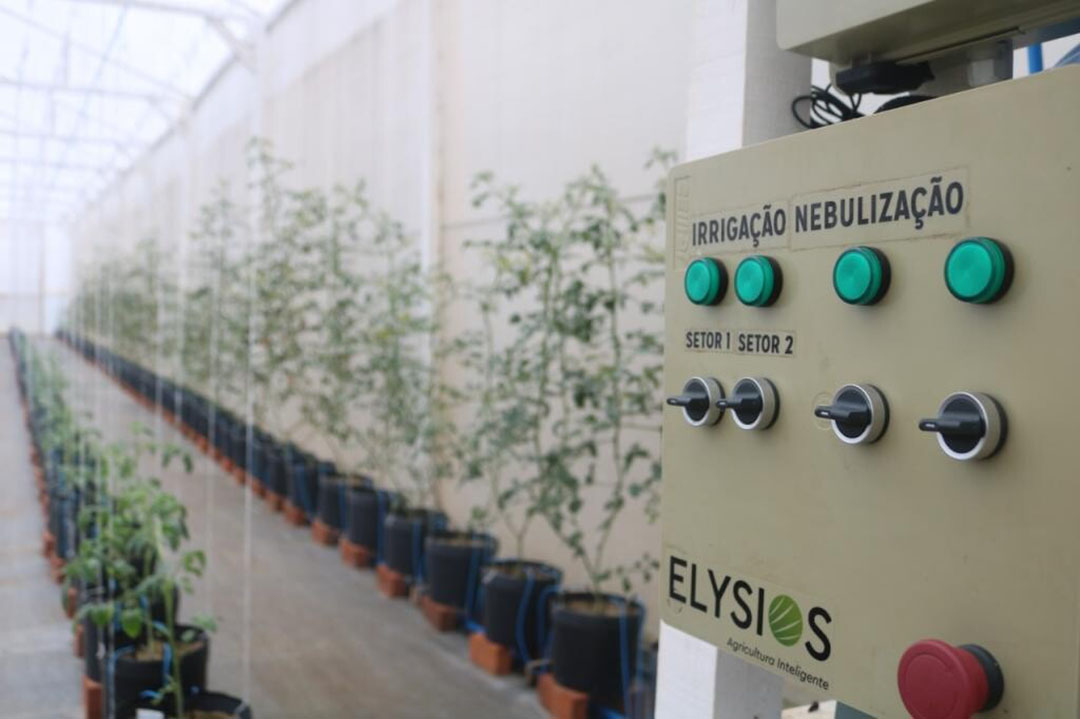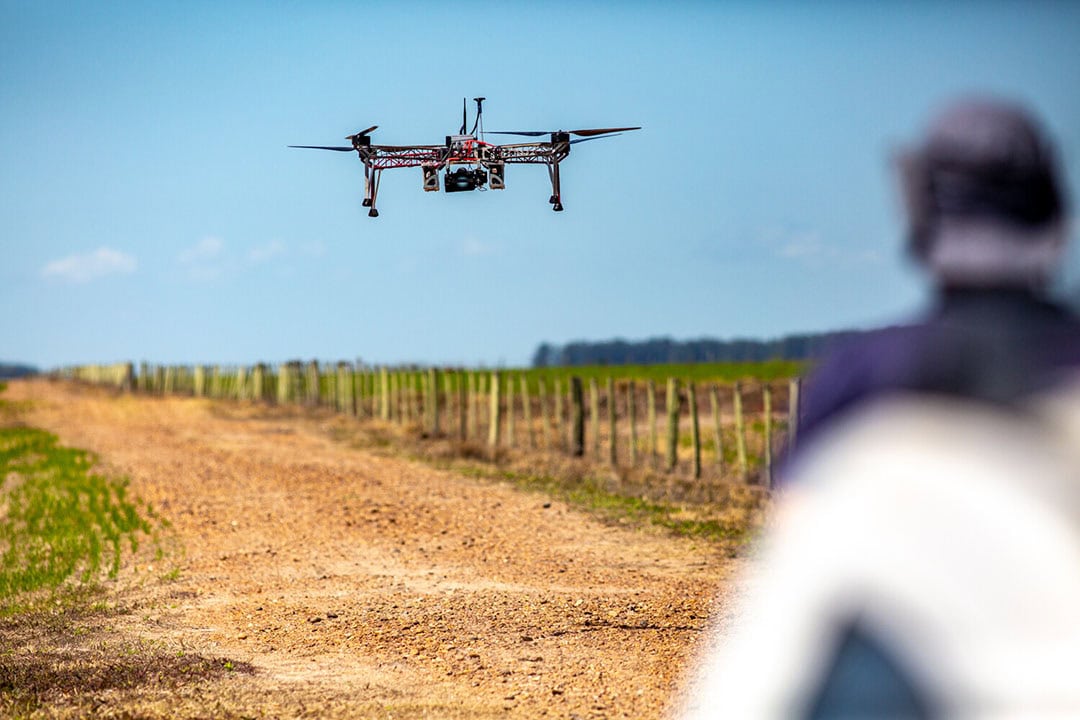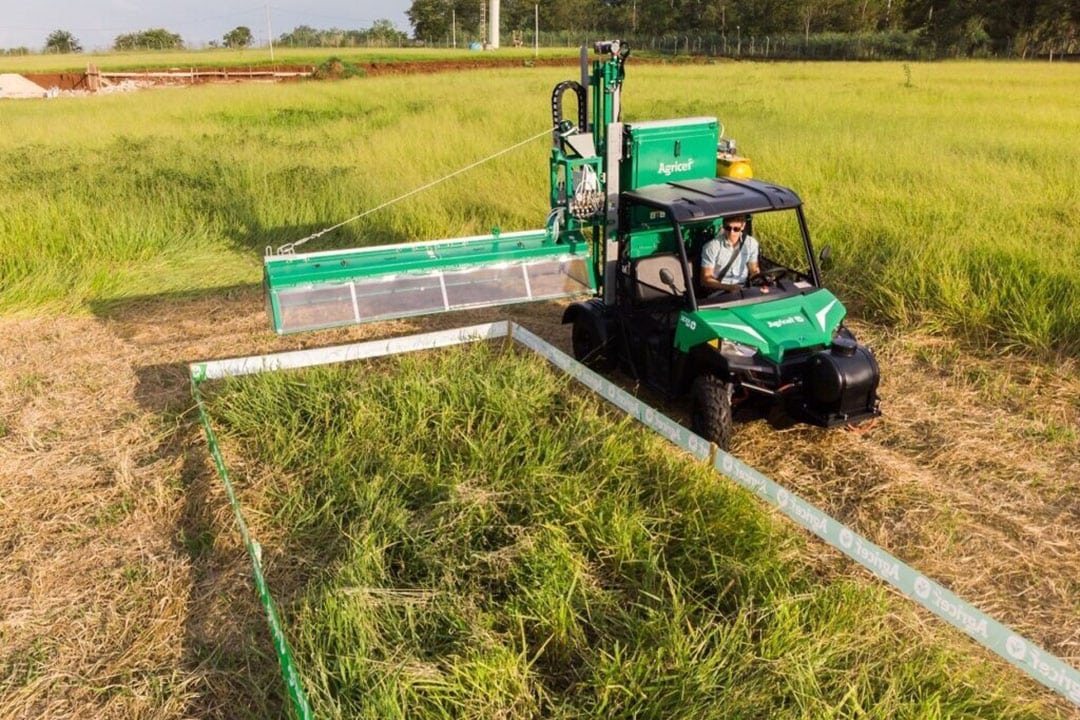New Brazilian start-ups sprout on daily basis amid Covid-19

Radar AgTech identifies 1,574 agtech start-ups in Brazil, a 40% increase compared to 2019.
Radar AgTech maps all newly established agtech start-ups in Brazil in 2020/2021. The study identified 449 new agtech start-ups since the beginning of the coronavirus pandemic, between February 26th 2020 and March this year, which calculates to almost one new Ag start-up per day. In 2019 Radar Agtech counted 1125 companies in total.
São Paulo leading Brazilian agtech ecosystem
The research, developed by Embrapa, SP Ventures and Homo Ludens, states that São Paulo is leading the Brazilian agtech ecosystem with 48% of the total, but other states and regions, such as the Northeast, have been increasing fast.
The Top Five states in number of start-ups are São Paulo (757), Paraná (151), Minas Gerais (143), Rio Grande do Sul (124) and Santa Catarina (122). Next to that, Brazil has at least one agtech company in 24 of its 27 states.
Additionally, Radar Agtech 2020/2021 shows that 78 institutions invested in Brazilian agtech companies during this time, whether it was for seeding, accelerating, or scaling up start-ups’ steps.
These investors lend knowledge and financial support (US$ 70 million) to 223 start-ups, mainly in the Southeast region. São Paulo state, once again, was the major focus, earning 62% of the investments.
Text continues underneath image

Covid-19 a catalyst for innovation
Covid-19 caused an unprecedented impact at all levels of society. This “Black Swan” on the other hand, also created needs and new opportunities, as a catalyst for innovation, regarding the agribusiness sector.
During this period, digital technologies and the connectivity infrastructure were pivotal to provide information and maintain daily basis activities. This process has accelerated a Digital Transformation of several sectors.
Solutions within the farm
In agribusiness, digital platforms assure connection between companies, producers, and consumers in many ways. Therefore, the study identifies a growing number of start-ups that offer solutions within the farm, as management systems, and Agtechs with technologies outside the farm, as marketplaces.
Additionally, there are digital initiatives focused on storage, machinery and logistics, grocery stores, online restaurants, and so on. In other words, all segments supported by digital technologies had a push, as shown in the Radar´s results.
Text continues underneath image

Three categories of start-ups
Despite accelerated digitalisation in that context, there are also developments on subjects like drones, genetics, fertilisers, and foodtechs to biotechnology, robotics, and producing models. Radar Agtech presents three categories of start-ups (namely before, inside, and after farms) and 30 technical areas to organise these 1,574 Agtechs.
Text continues underneath image

Crop nutrition
Agtechs “before the farm” is focused, mainly, on crop nutrition. The five main subareas of activity for these are fertilisers, inoculants, and crop nutrition (46); credit, barter, insurance, carbon credits, and fiduciary analysis (42); laboratory analysis (33); seeds and plant genomics (24); and animal nutrition and health (19).
Among these “inside the farm” start-ups, the goal is driven towards the management system (154); different kinds of software and data integrator platforms (111); drones, machinery, and equipment (79), remote sensing, diagnostics, and image monitoring (70) and content, education, social media (58).
“After the farm” start-ups offer services and products like innovative foods and new food trends (293); marketplaces and platforms for trading and selling agricultural products (100); storage, infrastructure, and logistics (57); online grocery store (45); online restaurants and meal kit (39).
Text continues underneath image




